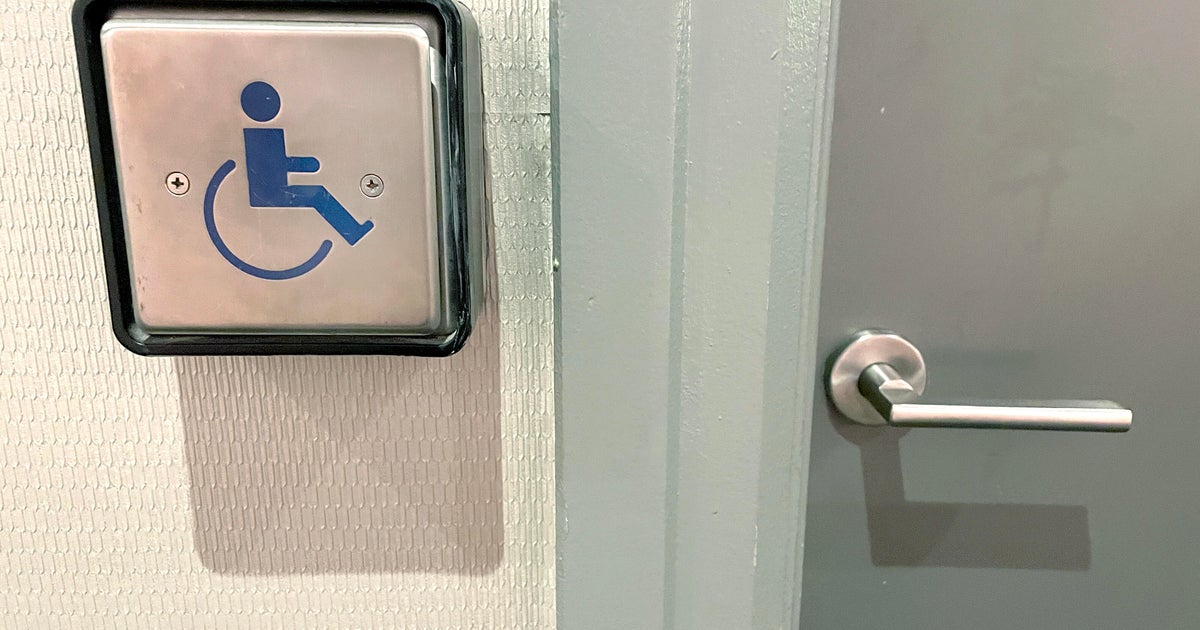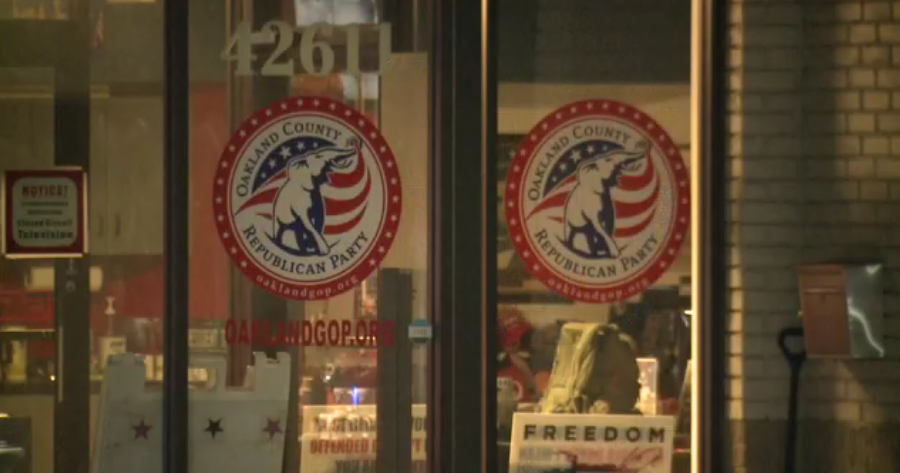Maryland Lawmakers Tackle Health Care Proposals
ANNAPOLIS, Md. (AP) — The Maryland Legislature is working to enact a number of crucial bills that would counteract healthcare policy changes at the federal level.
The measures generally fall into three categories: applying for a federal-funds waiver; creating a reinsurance pool based on approval of the waiver; and implementing an individual insurance mandate.
At a healthcare rally Feb. 21, lawmakers, advocates and healthcare consumers gathered to push for this legislative package to progress in order to protect the state financially and maintain affordable insurance policies.
A lead sponsor of the legislation in the House of Delegates, Delegate Joseline Peña-Melnyk, D- Anne Arundel and Prince George's, told fellow lawmakers these proposals are not perfect, but they work for the state.
"It's a very important tool in the tool kit," said Peña-Melnyk, who pointed out that these measures will keep people enrolled and insured.
Vincent DeMarco, the president of the Maryland Citizens' Health Initiative advocacy group and a strong supporter of these healthcare proposals, said this is a "very important way to protect Maryland healthcare and build on the ACA . and make Maryland a great state for healthcare."
Filing for a 1332 waiver
A pair of companion bills, Senate bill 1267, sponsored by Sen. Thomas Middleton, D-Charles, and House bill 1795, sponsored by Peña-Melnyk, would require the Maryland Health Benefit Exchange to apply for a 1332 waiver.
A 1332 waiver allows a state to find a way to develop high quality, affordable health insurance while retaining the basic protections of the Affordable Care Act, according to the U.S. Centers for Medicare and Medicaid Services.
In order to apply for this waiver, the state must have acting legislation, and these bills would serve as the needed legislative mandate, according to a fiscal policy analysis. This waiver could be approved for a five-year period and then continually renewed.
Maryland would be one of the first states to use this tool, said Sen. Brian Feldman D-Montgomery. "With the waiver there is opportunity for a longer-term fix (for healthcare)."
The analysis also stated that the Maryland Health Benefit Exchange is already working on the application, and the waiver fees will come out of its budget.
House bill 1795 has passed on the floor of the Senate and the House. Senate bill 1267 passed in the Senate and on its way to passage in the House.
Reinsurance and funding
Another pair of companion bills introduced by Middleton and Peña-Melnyk, Senate bill 387 and House bill 1782, focus on healthcare funding and a one-year plan to stabilize the insurance market in the state.
These bills go hand-in-hand with the application for the 1332 waiver, and would provide the funding for the insurance program for fiscal year 2019, if the state receives the waiver.
They also would require the Maryland Health Insurance Coverage Protection Commission to study and make future recommendations on individual and group health insurance market stability.
These bills are expected to pass this session with a few amendments, Feldman told Capital News Service.
According to the fiscal policy analysis, reinsurance is insurance for insurers to protect against any potential significant losses. Reinsurance mainly covers more expensive cases such as transplants or traumatic injuries.
This set of bills is the state funding piece of the package legislation. With the repeal of tax on insurance at the federal level, this bill reclassifies the funding to a state tax.
While the state does not need the waiver to establish a reinsurance program, it would maximize the ability of the state to capitalize on funding reinsurance to prevent rates from skyrocketing, according to the analysis.
Senate bill 1782 passed in the Senate and the House; House bill 387 remains in a committee awaiting a vote.
Hogan has expressed support for the reinsurance provisions.
"This legislation is the direct result of good faith negotiations and dialogue among the governor's office, the presiding officers, and legislative leaders, and is designed to stabilize healthcare costs for Marylanders," said Shareese Churchill, a spokeswoman for Hogan. "As the governor has made clear countless times, multiple federal administrations and Congress have failed on this issue, but the state of Maryland will not."
Individual healthcare mandate
One pair of measures, with perhaps a lesser chance of passing, would establish an individual health insurance mandate in fiscal year 2019, and a mandatory payment for those who choose to not buy insurance.
Under the legislation, Senate bill 1011, sponsored by Feldman, and House bill 1167, sponsored by Peña-Melnyk, funds from the mandate could be used toward purchasing coverage under a new Health Insurance Down Payment Initiative, according a fiscal policy note.
Maryland Comptroller Peter Franchot, a Democrat, and the Maryland Health Benefit Exchange would also have to create a specified system for this down payment initiative by Jan. 1, 2020.
The mandate would require an individual to pay a yearly minimum of the greater of $695.00 per adult and $347.50 per child younger than 18, or up to 2.5 percent of their income. These individual rates could be adjusted annually for inflation.
Mandate funds could be used in the first or second years of the program as a down payment toward coverage, which taxpayers can decline. The bill makes exceptions to the mandate for lower-income taxpayers and some others.
Chet Burrell, CEO of CareFirst BlueCross BlueShield, shared his uncertainty over this legislation and enforcing a mandate for healthcare in his testimony on Feb. 21.
"There is likely to be more complexity in administering this than meets the eye . (this) will help some but not as much as you may think," said Burrell.
The bill would also establish procedures to accelerate enrollment of eligible individuals into Medicaid and the Maryland Children's Health Program; create a Maryland Insurance Stabilization Fund to provide specified benefits; and establish a Health Insurance Down Payment Escrow Fund.
While the Senate bill had a hearing on Feb. 21 and the House bill had a hearing on Feb. 22, the bills have not advanced. Proponents of the legislation said it may not progress this session, but it could be a potential long-term fix for healthcare in the future.
Follow @CBSBaltimore on Twitter and like WJZ-TV | CBS Baltimore on Facebook
(© Copyright 2018 The Associated Press. All Rights Reserved. This material may not be published, broadcast, rewritten or redistributed.)







